8 Things You Need To Know About Dell Technologies' Potential IPO/VMware Merger
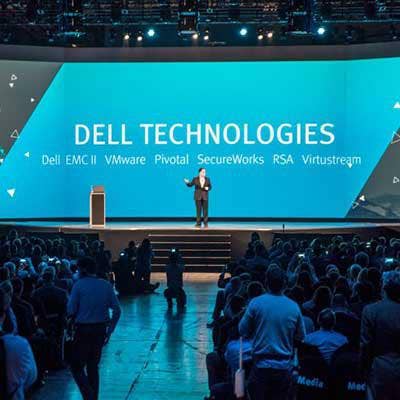
The Evolution Of Dell
Dell Technologies, which completed the largest merger in IT history in 2016 when it acquired storage market leader EMC, is exploring strategic options that include going public or merging with its subsidiary VMware.
On Friday, Dell Technologies CEO Michael Dell confirmed that his Round Rock, Texas-based company is evaluating the two "potential business opportunities" with the desire to grow Dell "even faster and thrive in the very dynamic IT marketplace."
The potential IPO and reverse merger scenarios were triggered by the passage of the federal Tax Cuts and Jobs Act bill which was passed by Congress in December. The bill limits the tax deductibility of interest payments to 30 percent of a company's earnings before interest, taxes, depreciation and amortization (EBITDA).
Here are the eight most important things to know about Dell Technologies and the potential IPO or VMware merger.
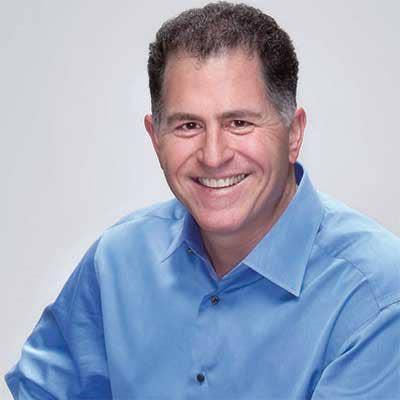
Michael Dell Saw This Coming
The Tax Cuts and Jobs Act – although lowing the corporate tax rate from 35 percent to 21 percent – limits the tax deductibility of interest payments to 30 percent of a company's earnings before interest, taxes, depreciation and amortization (EBITDA). In December, Michael Dell wrote an editorial for The Hill titled, 'Don't leave business in the lurch in tax reform deal'.
Dell said that the bill "severely" limits the current ability of U.S. companies to deduct interest payments. "These new rules would unnecessarily impede growth for American employers that use debt as a capital infusion tool to drive growth and innovation," said Dell. "Changing rules on deductibility without regard for depreciation, pre-existing debt or transition periods will punish businesses that made investments in good faith, forcing them to accept a steep financial burden and unforeseen risks."
Additionally, Dell Technologies was among many companies urging lawmakers to not put limits on the ability of U.S. companies to deduct interest payments.In fact, Dell said such a move would create a tax increase of more than $300 billion over the next 10 years imposed on American businesses.
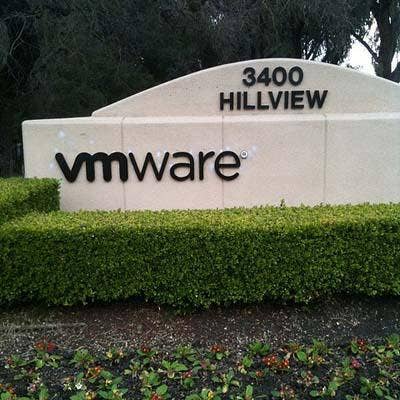
Reverse VMware Merger
One option Dell is considering to combat its roughly $50 billion of debt is a reverse merger with its VMware subsidiary.
Dell already owns an 82 percent stake of VMware and participate in its ownership through tracking stock.
A reverse merger with VMware – which Dell acquired when through its blockbuster $67 billion EMC deal, would allow Dell to take the company public without filing for an IPO. That would enable Dell to sidestep the lengthy IPO process and save the fees that come with a traditional IPO.

Acquiring 90 Percent Of VMware
Another possible option for Dell is to buy the remaining stake in VMware that it does not currently own. VMware plans to form a special committee made up of board directors aimed at making any combination of Dell-VMware subject to approval by directors that will safeguard the interest of VMware shareholders.
However, according to an SEC 10-Q filing by VMware in November, if Dell becomes the holder of at least 90 percent of VMware's outstanding stock, neither VMware's board of directors or VMware's shareholders would be entitled to vote on a merger of VMware and Dell.
Additionally, the merger would not be subject to the stringent ’entire fairness’ standard, and Dell would not be required to negotiate with a special committee of disinterested directors that would serve to "approximate arm’s length negotiations designed to ensure that a fair price is paid," said VMware in the 10-Q filing.
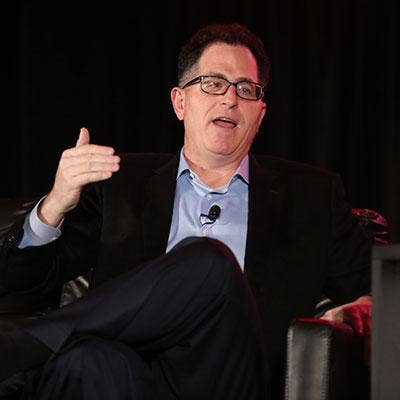
Dell Is VMware's Chairman
It is vital to note that whether VMware does a reverse merger with Dell or if Dell acquires the remaining VMware share – Michael Dell is the current chairman of both Dell and VMware board of directors. Dell took the chairman seat from former EMC CEO and chairman Joseph Tucci in 2016 following the EMC acquisition.
Dell has aggressively pushed for tighter integration between Dell EMC and VMware. "We laid out a plan with VMware for revenue synergies that was announced to the world and we've been running much faster than that plan," Dell told CRN in December. "You can see this in the VMware results and in our results. The revenue synergies and the more we do with VMware, the better it gets. It's doing quite well. We definitely see that continuing next year. … VMware is doing extraordinarily well and so far this year, we're a couple billion dollars more than we planned for in revenue.
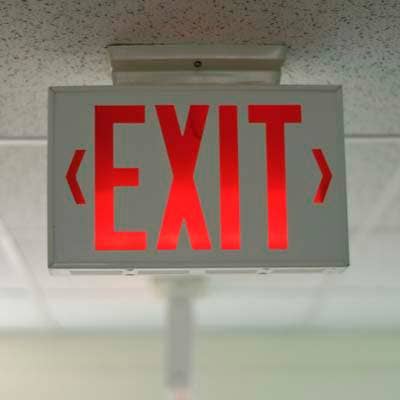
IPO Could Mean Silver Lake Exit
Dell Technologies confirmed on Friday that its board of directors is evaluating an IPO. In 2013, Michael Dell completed the largest private equity buyout in history, taking Dell private in a $25 billion deal with help from private equity firm Silver Lake Partners.
Silver Lake also helped finance Dell's $67 billion blockbuster EMC acquisition. A Dell IPO could give Silver Lake an opportunity to get a return on its investment while also enabling Dell to potentially go after remaining stake in VMware.
Besides Dell, Silver Lake, which bills itself as the global leader in technology investing, owns stakes in Alibaba Group, Symantec, SolarWinds, Tintri, Velocity Technology Solutions, and GoDaddy.
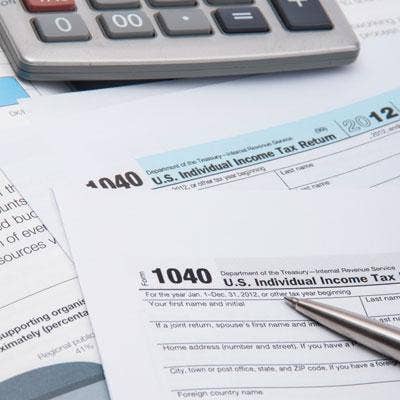
Tax Reform Is 'Manageable'
In his SEC filing statement on Friday, Michael Dell said his company could "more than" manage the impact of the tax reform. "We are also excited about the positive impact of tax reform on the U.S. economy and believe any impact for Dell Technologies, based on what we know today, will be more than manageable," he said.
In a recent interview with CRN, former hedge fund manager Jeff Matthews said the tax changes make it "inevitable" that Dell will be forced to change its debt load and capital structure. "All of a sudden the amount of interest you can deduct against your taxes is cut dramatically. It squeezes them even more over time," he said.
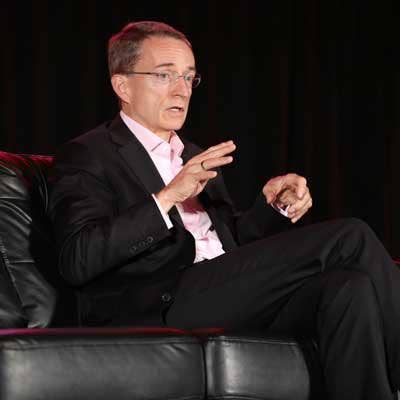
Gelsinger Speaks
VMware CEO Pat Gelsinger on Friday said the virtualization market leader is looking forward to "Dell's continued support as we work to execute our growth plans in the years ahead."
"We are not in a position to speculate on the outcome of Dell's evaluation of potential business opportunities, Dell has been a tremendous partner since it became our majority owner and as we've accelerated our growth," said Gelsinger. "The VMware management team remains laser-focused on serving our customers and partners."

Tax Burden Will Increase In 2022
The Tax Cuts and Jobs Act bill will put even more pressure on Dell beginning in 2022 when the tax law moves to 30 percent of earnings before interest and taxes, rather than 30 percent of EBITDA. "In 2022, it is going to be even worse [for Dell," said James Angelini, associate professor of tax accounting and director of the Masters of Science in Taxation program at Suffolk University, told CRN TV.